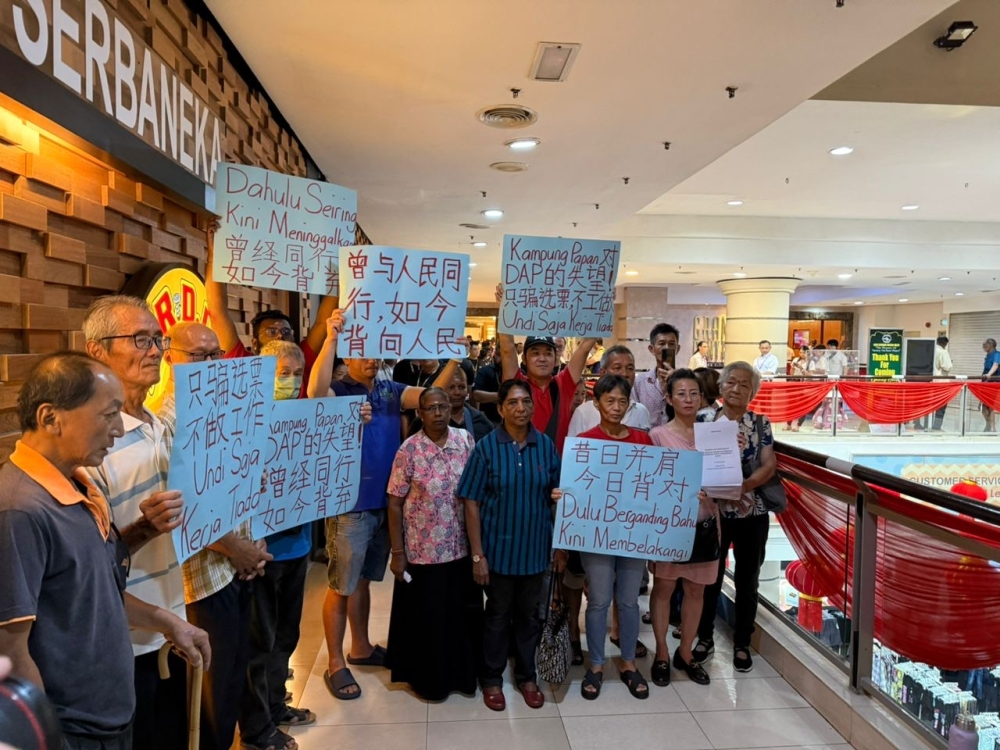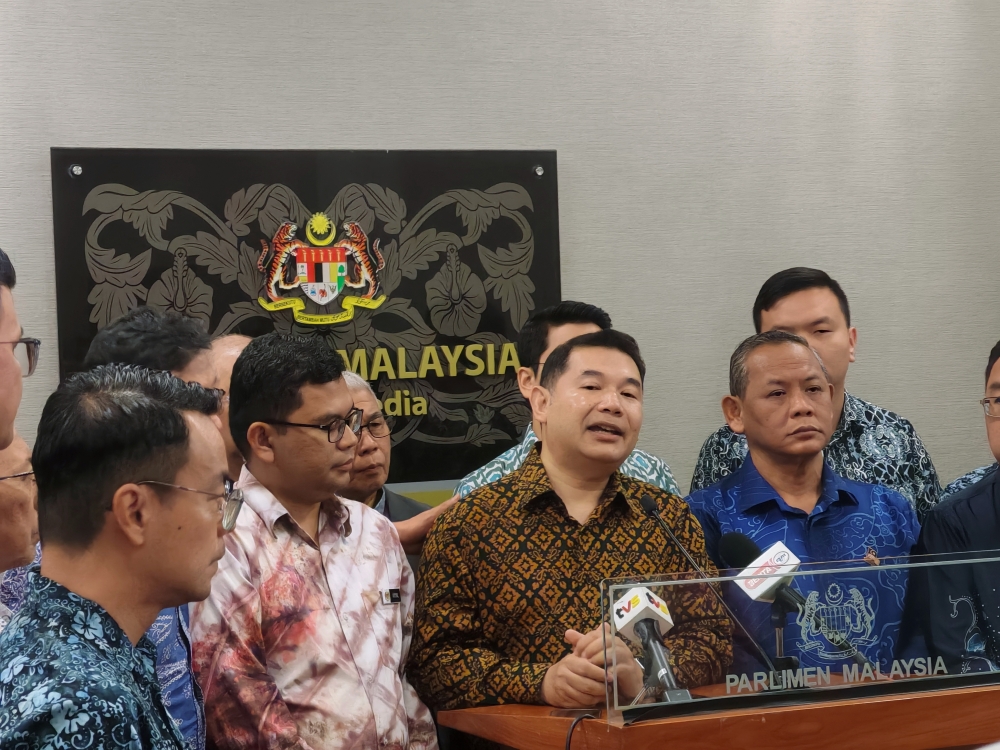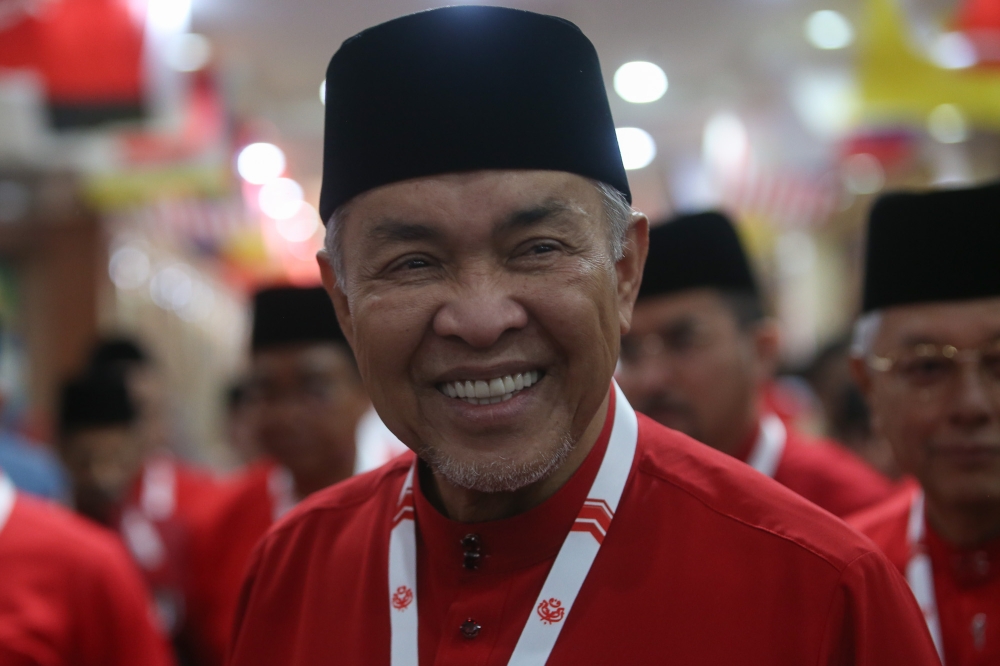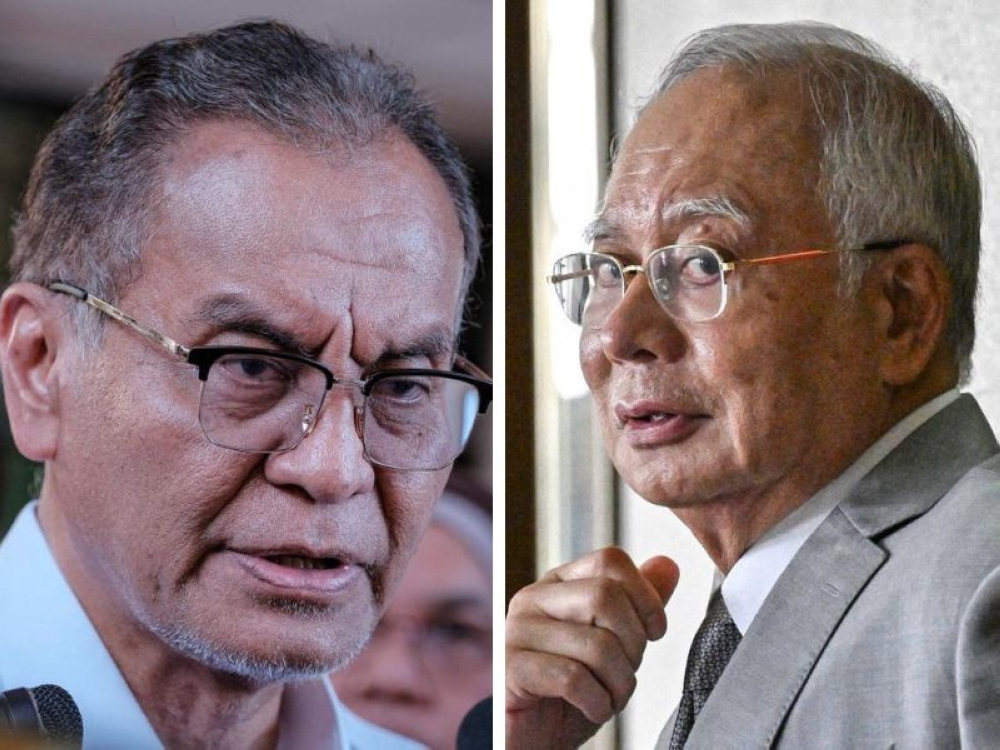KUALA LUMPUR, March 1 ― The federal government is set to table at this Dewan Rakyat sitting a landmark amendment Bill that could permanently compel gig-based tech companies to accord their workers rights and privileges enjoyed by formal employees.
The amendment Bill, among others, proposes six criteria that would help define an employee and his or her relation to the employer under the Employment Act 1955, a key provision that may force many of today’s internet-based companies to compensate workers with benefits that come with formal employment, like health insurance and pension contributions.
Under Section 101C, the Bill proposes that a worker will be deemed an “employee” if the manner of work is subject to the control or direction of another person, and if the hours of work are subject to the control or direction of another person.
Any worker will also be considered an employee if he or she is provided with tools, materials or equipment by another person to execute work, where the work constitutes an integral part of another person’s business, and if the work is performed solely for the benefit of another person.
Under the last subsection of the proposed Section 101C(1), any payment received for a gig work and constitutes the majority of the worker’s income, would automatically make the person an employee.
The amendment will also widen the scope of definition as to who constitutes an employer, using the same set of criteria to define an employee. This means, among other things, anyone who controls or directs the manner of work of another person, or controls or directs the hours of work of another person, is considered an employer.
Edwin Goh, a researcher studying policies on gig work, commented that there are doubts about whether or not a widened definition of an employee-employer relation could adequately address many of the key questions around fair compensation and protection for gig workers.
“I think falling back on the traditional dual employment classification of employee vs. self-employed will not suffice,” he told Malay Mail.
“Sweeping all gig workers into a broad ‘employee’ or ‘self-employed’ category also ignores the specific employment dynamics that define them,” he added.
“Any legislation on gig workers requires an in-depth understanding from policymakers not only on the nature of employment classifications but also the practicalities of different gig platforms' business models as well as the gig workers' preferences.”
The move comes after growing public and opposition pressure for fairer compensation to be given to informal workers, a growing workforce mostly occupying the lower end of the booming internet-based market that offers little job security or benefits often enjoyed by formal employees.
The timing of the amendments also comes at a crucial time for the ruling coalition, which is facing a key state election in Johor.
Up to two million voters in the state will cast their ballots for the first time, a majority of them young. And with youths making up the largest chunk of gig workers today, job security is set to be a key election issue.
The Bill to amend the Employment Act was tabled in the Dewan Rakyat for the first reading last October 25 by Human Resources Minister Datuk Seri M. Saravanan.
In the last Dewan Rakyat sitting, Deputy Human Resources Minister Datuk Awang Hashim said the amendment to the Employment Act will specifically look to “protect and safeguard the interests and welfare of those involved in the gig economy.”
The Employment Act amendment will likely be among several key Bills to be tabled once debate of the Royal Address ends, with ministerial winding up in the third week of the sitting, which starts tomorrow and ends March 24.
















.jpg)


